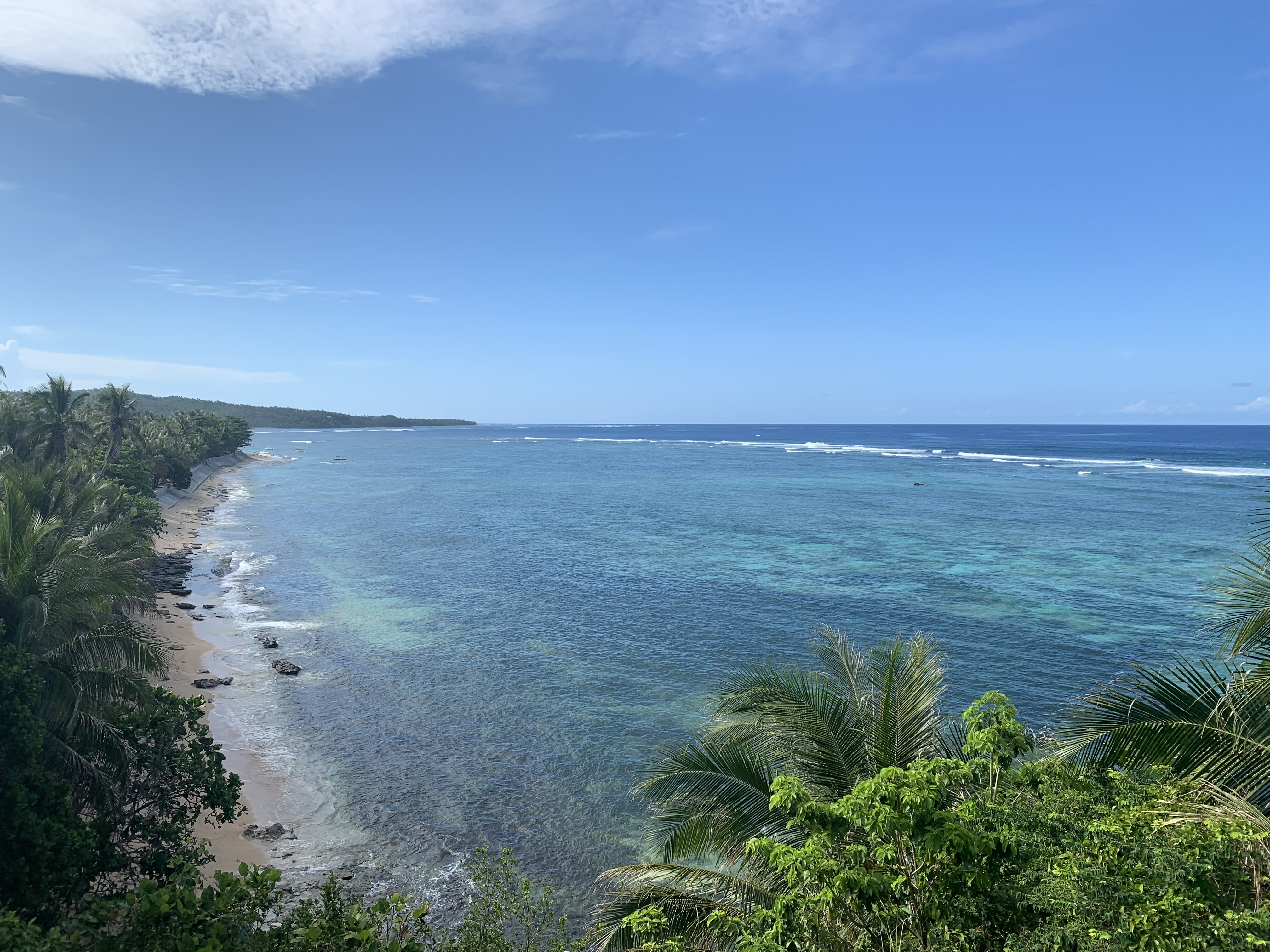Aloha Pedagogy: Weaving Aho as Ways of Knowing
DOI:
https://doi.org/10.18733/cpi29771Keywords:
Indigenous pedagogy, Kānaka Maoli, braiding methodology, communicationAbstract
This article braids Native Hawaiian ontology, Indigenous approaches to the critical study of education, and the author’s own reflections to advance a decolonizing approach to communication. This entails divesting from the Western assumption of mind-body dualism in favor of privileging a form of embodied knowledge that includes feelings, the senses, and intuition through artistic forms such as hula, oli (chanting), and storytelling.
References
Atalay, S. (2019). Braiding strands of wellness: How repatriation contributes to healing through embodied practice and storywork. The Public Historian, 41(1), 78-89.
Brown, M. A. (2016). Facing the Spears of Change: The Life and Legacy of John Papa ‘Ī‘ī. University of Hawaiʻi Press.
Joesting, E. (1979, February). Hawaii’s golden rule means aloha. Honolulu Star-Bulletin.
Kanahele, G. (1992). Ku kanaka stand tall: A search for Hawaiian values. University of Hawaiʻi Press.
Kohala Center. (2020). He kaao no kawaihihiakeawe: No kahawai o Kohala loko. The Kohala Center.
Madison, S. (2005). Critical Ethnography: Methods, Ethics, and Performance. Sage Publications.
Meyer, M. A. (1998). Native Hawaiian epistemology: Exploring Hawaiian views of knowledge. Cultural Survival Quarterly, 22(1), 38-40.
Ohnuma, K. (2008). ‘Aloha spirit’ and the cultural politics of sentiment as national belonging. The Contemporary Pacific, 20(2), 365-394.
Oliveira, K. A. R. (2014). Ancestral places: Understanding kanaka geographies. Oregon State University Press.
Puku‘i, M. K. (1983). ‘Olelo No‘eau: Hawaiian proverbs and poetical sayings. Bishop Museum Press.
Raibmon, P. S. (2005). Authentic Indians: Episodes of encounter from the late-nineteenth-century northwest coast. Duke University Press.
Smith, L. T. (2021). Decolonizing methodologies: Research and indigenous peoples. Zed Books.
Teves, S. N. (2018). Defiant indigeneity: The politics of Hawaiian performance. University of North Carolina Press.
Trask, H. K. (1999). From a Native Daughter: Colonialism and Sovereignty in Hawaiʻi. University of Hawaii Press.
Ulukau Online Hawaiian Dictionary. (2019). Aloha. http://wehewehe.org/
University of Hawaiʻi, Hilo. (2021). Our Journey. Retrieved [August 9, 2022] from: https://hilo.hawaii.edu/strategicplan/2021-31/process.php
Waltah, B. & Island Afternoon. (1990). Hawaiian Reggae. Platinum Pacific Records [compact disc]
Downloads
Published
Issue
Section
License
Copyright (c) 2025 Cultural and Pedagogical Inquiry

This work is licensed under a Creative Commons Attribution-NonCommercial 4.0 International License.






